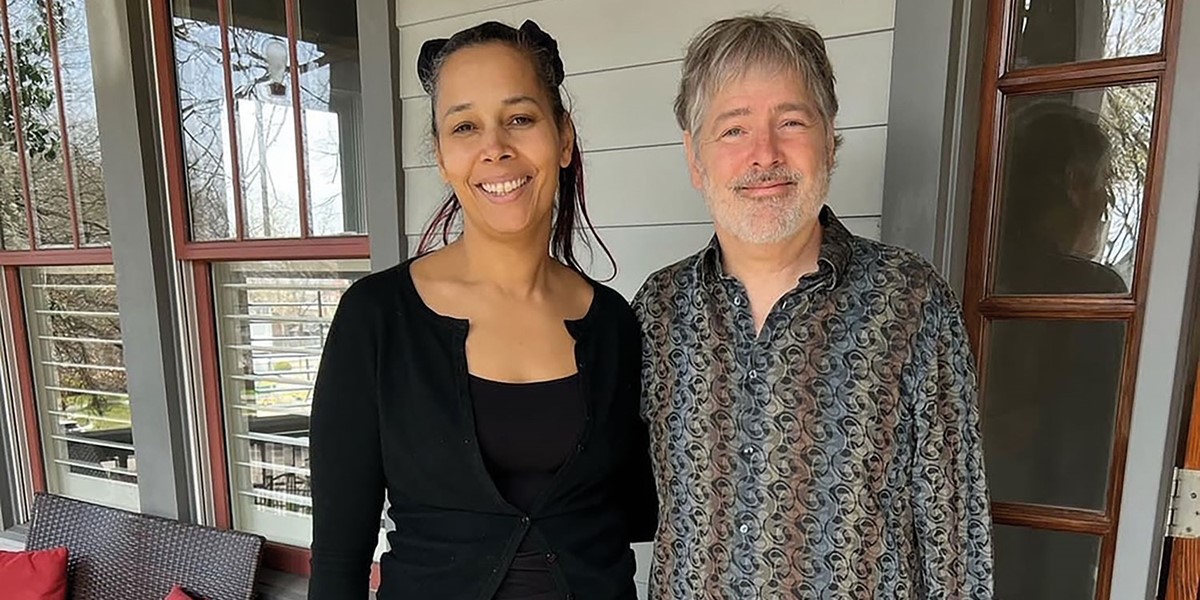Thursday, June 13, 2024
Rhiannon Giddens and Béla Fleck: The Banjo Summit
The banjo is riding high once more, and with various accusations of cultural appropriation in the air, we decided the time was right for a debate with two of the best banjo players out there, Rhiannon Giddens and Béla Fleck

Rhiannon Giddens and Béla Fleck in Nashville while recording an episode for Giddens’ ten-part series for Wondrium, The Banjo: Music, History and Heritage (2023)

Register now to continue reading

Thanks for visiting the Songlines website, your guide to an extraordinary world of music and culture. Sign up for a free account now to enjoy:
- Free access to 2 subscriber-only articles and album reviews every month
- Unlimited access to our news and awards pages
- Our regular email newsletters

